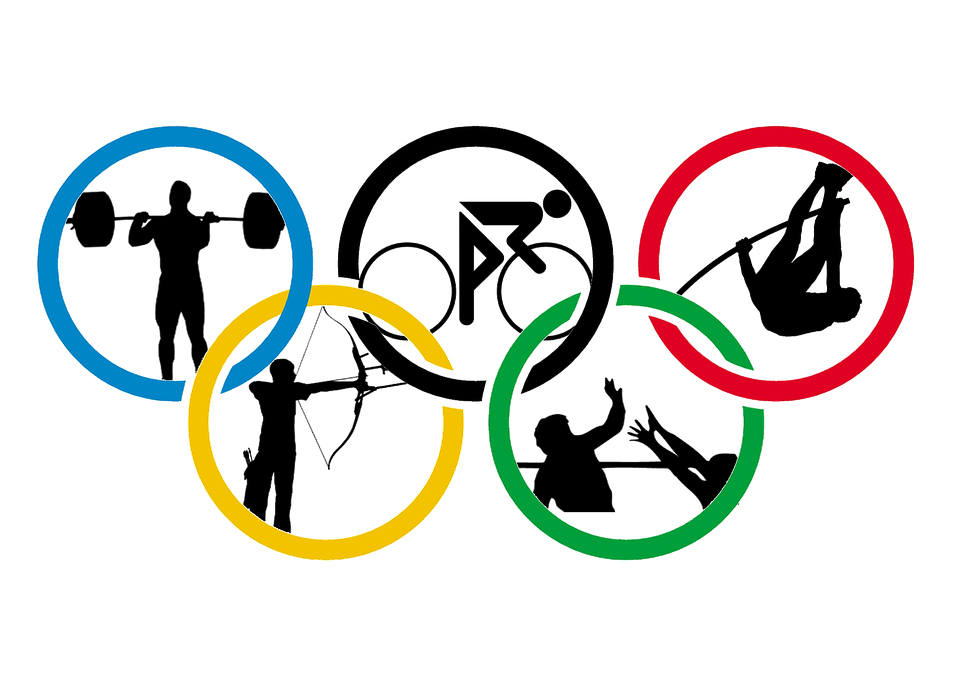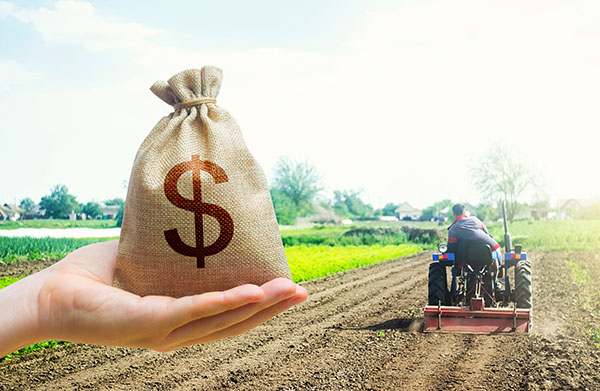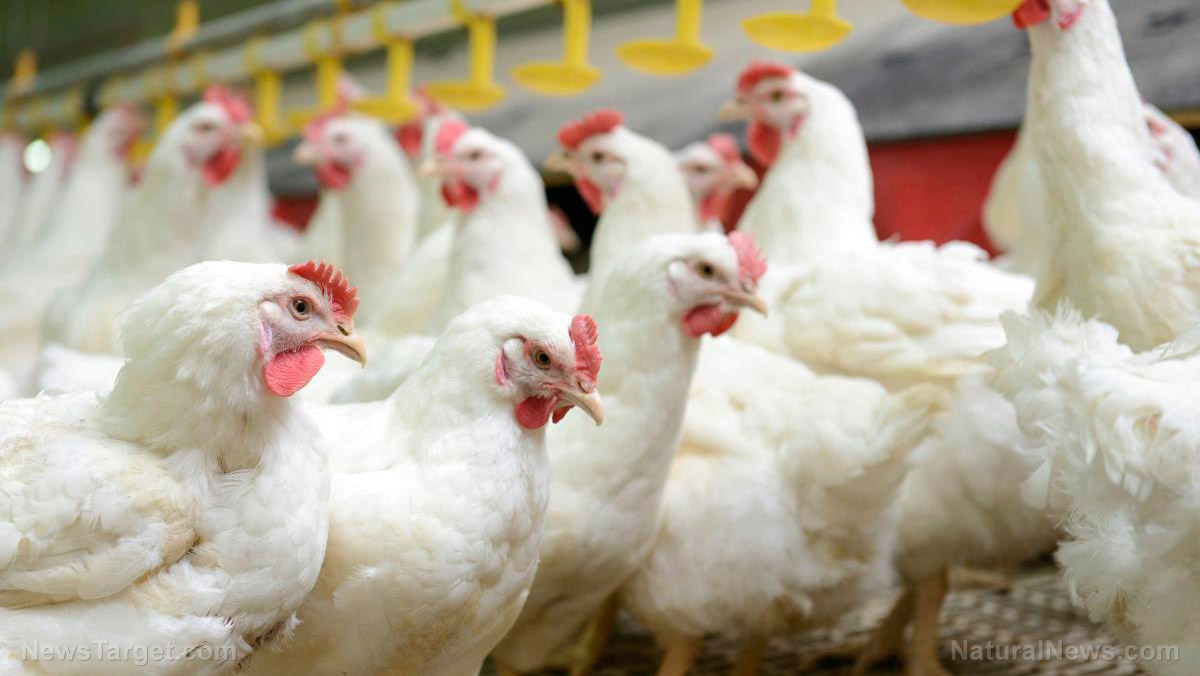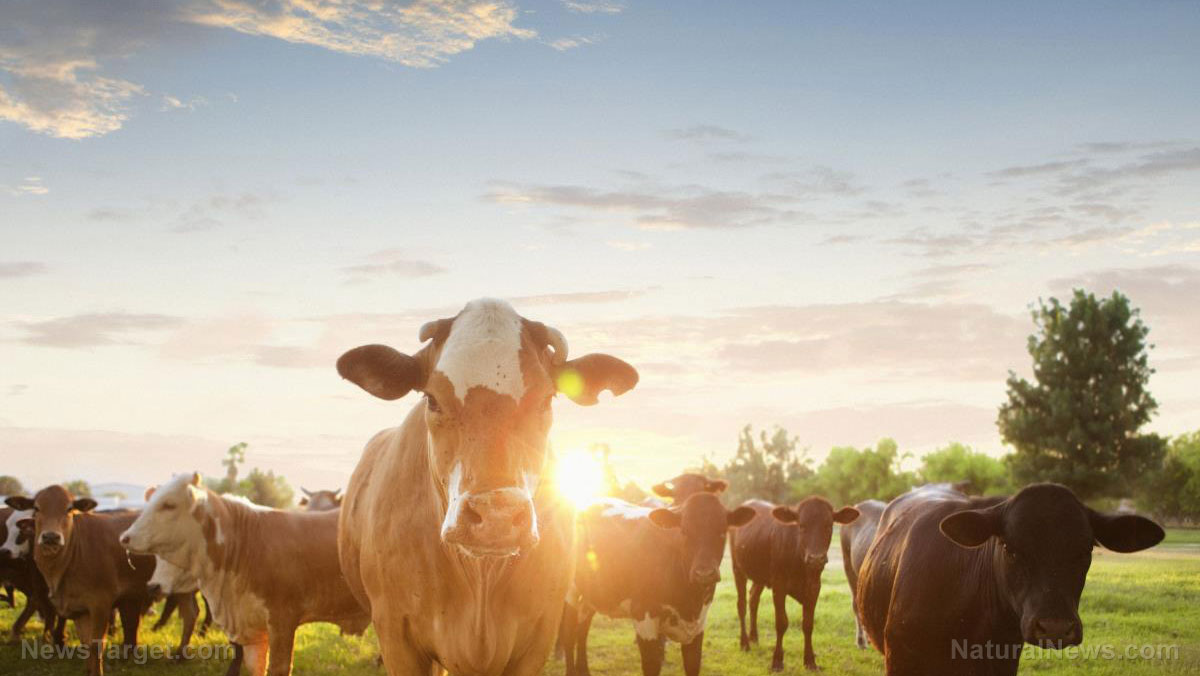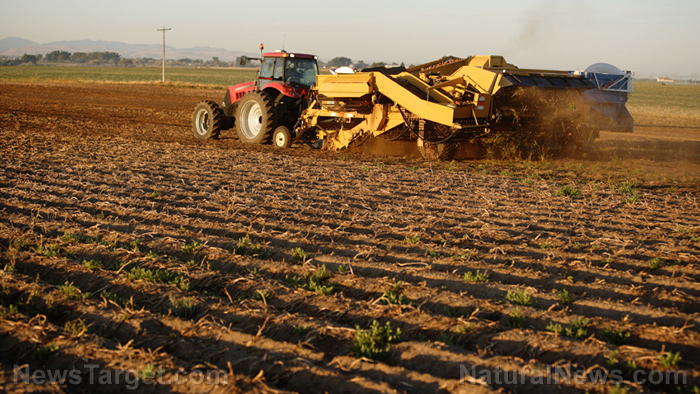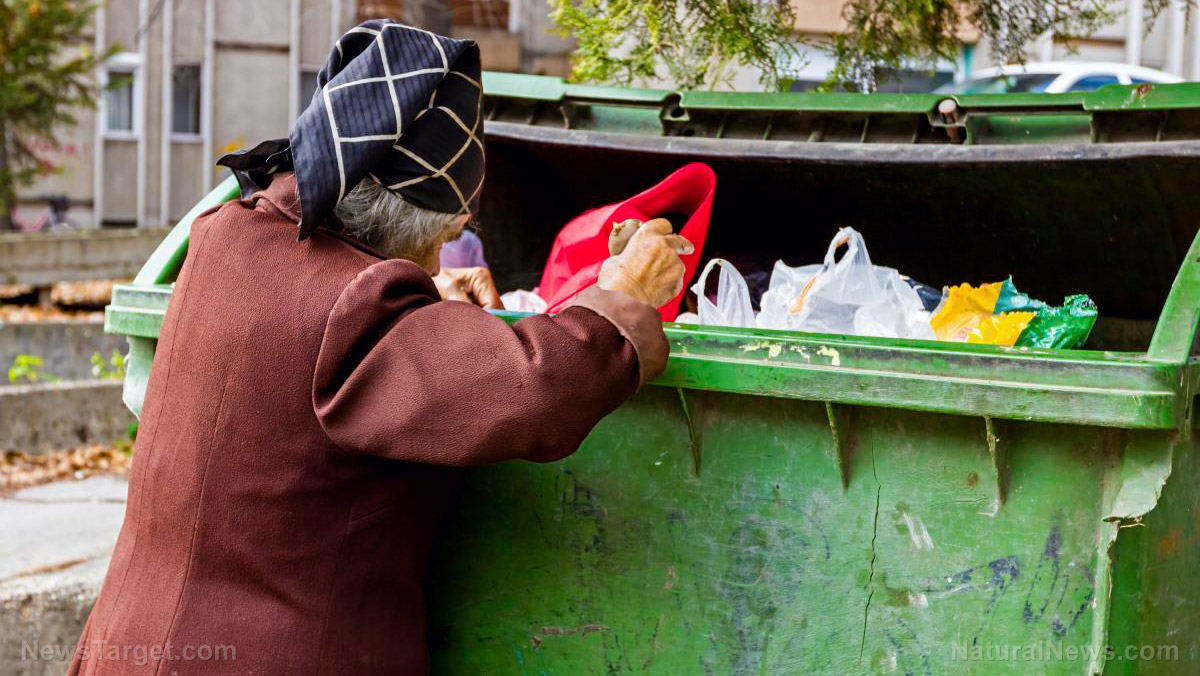The United Nation’s climate change agenda is designed to starve and kill you off, not “save the planet”
08/05/2024 / By Lance D Johnson

The right to food, a concept enshrined in international law as a fundamental human right, has long been a cornerstone of United Nations (UN) policy. The human right to food was formally recognized in the 1948 Universal Declaration on Human Rights and the 1966 International Covenant on Economic, Social and Cultural Rights (ICESCR). Governments once came together to ensure the right to an adequate standard of living, including sufficient food and they required states to take measures to ensure this right. However, the United Nations and other intergovernmental bodies today are enacting policies that threaten farming operations, making it harder to grow food, while restricting access to culturally appropriate foods and driving up the cost of certain foods that are not “sustainable” in the eyes of the elite.
The original humanitarian intent of the UN is being replaced by nefarious climate agendas
Established in 1945, the Food and Agriculture Organization (FAO) was created to ensure global food security, with its motto “Fiat panis” (Let there be bread) reflecting its mission. The FAO, headquartered in Rome and comprising 195 Member States, plays a crucial role in promoting agricultural practices and addressing food insecurity. The FAO’s pivotal role in the 1960s and 1970s Green Revolution significantly boosted global food production, particularly in Asia and Latin America. However, the environmental costs of this era, such as soil pollution and the emergence of resistant pests, highlight the complex trade-offs involved in the process of ensuring food security.
Historically focused on alleviating food insecurity in low- and middle-income countries, the United Nations (UN) is now systematically destroying the right to food by adopting climate change policies that threaten food, fertilizer and energy production worldwide. For these reasons, today’s UN is designed to make it harder to afford food, while slowly killing off the population through hunger and malnutrition (disease).
UN’s climate change agenda threatens food security globally
The UN’s climate agenda, particularly after the 1992 UN Framework Convention on Climate Change, has increasingly influenced food policies, and driven up the cost of energy, fertilizer, meat and ultimately, the food prices. The emphasis on mono-culture and reducing greenhouse gas emissions from agriculture has led to policies that limit food diversity and accessibility, particularly affecting traditional diets.
A more controversial aspect of UN food policy is the promotion of “sustainable healthy diets” by the FAO and WHO. These guidelines, driven by the global climate change agenda, advocate for certain types of plant-based diets while discouraging the consumption of meat, dairy and other animal products.
The FAO and WHO have prioritized dietary guidelines that reduce CO2 emissions from food production. This approach reflects a form of cultural colonialism, imposing climate change agendas on diverse global populations that have long-established food traditions. These climate change policies undermine local food practices and the right to a culturally appropriate diet. The imposition of these guidelines disregards the historical and cultural significance of traditional diets and fails to address the nutritional benefits of animal-based foods. To make matters worse, the plant-based diets that are forced on the various cultures of the world are often based on mono-culture farming practices and do not factor in the biodiversity and nutrition of native plants. The UN and World Economic Forum’s climate change agenda is also setting the stage for the development of synthetic meats and a food industry that incorporates insects into food products.
PCR fraud and lockdown tyranny exacerbated hunger and undernourishment worldwide
The FAO, alongside other UN entities, monitors food security through reports like the State of Food Security and Nutrition in the World (SOFI). Despite notable progress in reducing global hunger decades ago, the centralization of government and widespread acceptance of tyrannical proposals has led to new challenges. One of the newest challenges are pre-planned “pandemics” that are exacerbated by PCR testing fraud. The mass use of PCR testing for coronaviruses formed the basis for lockdowns and further restrictions during the COVID-19 scandal. These lockdowns ultimately throttled the food industry and threatened opportunities for people to make a living and afford food.
Lock-downs and restrictions to assembly and body autonomy highlighted the fragility of global food systems, leading to widespread job losses and income reductions, while pushing millions into extreme poverty and hunger. UN Secretary-General Antonio Guterres’ was totalitarian in his approach, suppressing human activity, controlling movement and behavior and discriminating the “unvaccinated” from society. This resulted in undo economic hardships and loss of opportunity for millions of people to earn a living.
Preliminary assessments estimated that the lockdowns added between 83 and 132 million people to the number of undernourished individuals worldwide. Despite these severe impacts, the response of the UN and its agencies, including the FAO, often failed to critically address the lockdown measures’ role in exacerbating food insecurity and malnutrition, which leads to severe disease. These lockdowns and restrictions will continue under the guise of “saving the planet” from climate change. For these reasons, millions more people will be starved and malnourished under totalitarian UN policies that engineer global famine and food shortages under the guise of “saving the planet.”
Sources include:
Submit a correction >>
Tagged Under:
big government, carbon dioxide, climate change agenda, conspiracy, deception, depopulation, famine, food collapse, food scarcity, food security, food supply, green living, green tyranny, hunger, monoculture, right to food, scarcity, starvation, sustainable diets, synthetic meats, tyrannical lockdowns, UN, world agriculture
This article may contain statements that reflect the opinion of the author
RECENT NEWS & ARTICLES
FoodRationing.news is a fact-based public education website published by FoodRationing News Features, LLC.
All content copyright © 2021 by FoodRationing News Features, LLC.
Contact Us with Tips or Corrections
All trademarks, registered trademarks and servicemarks mentioned on this site are the property of their respective owners.

